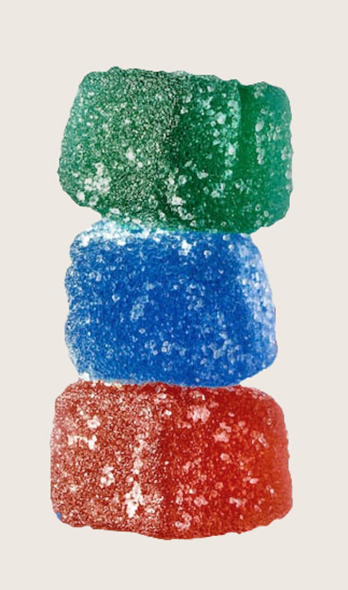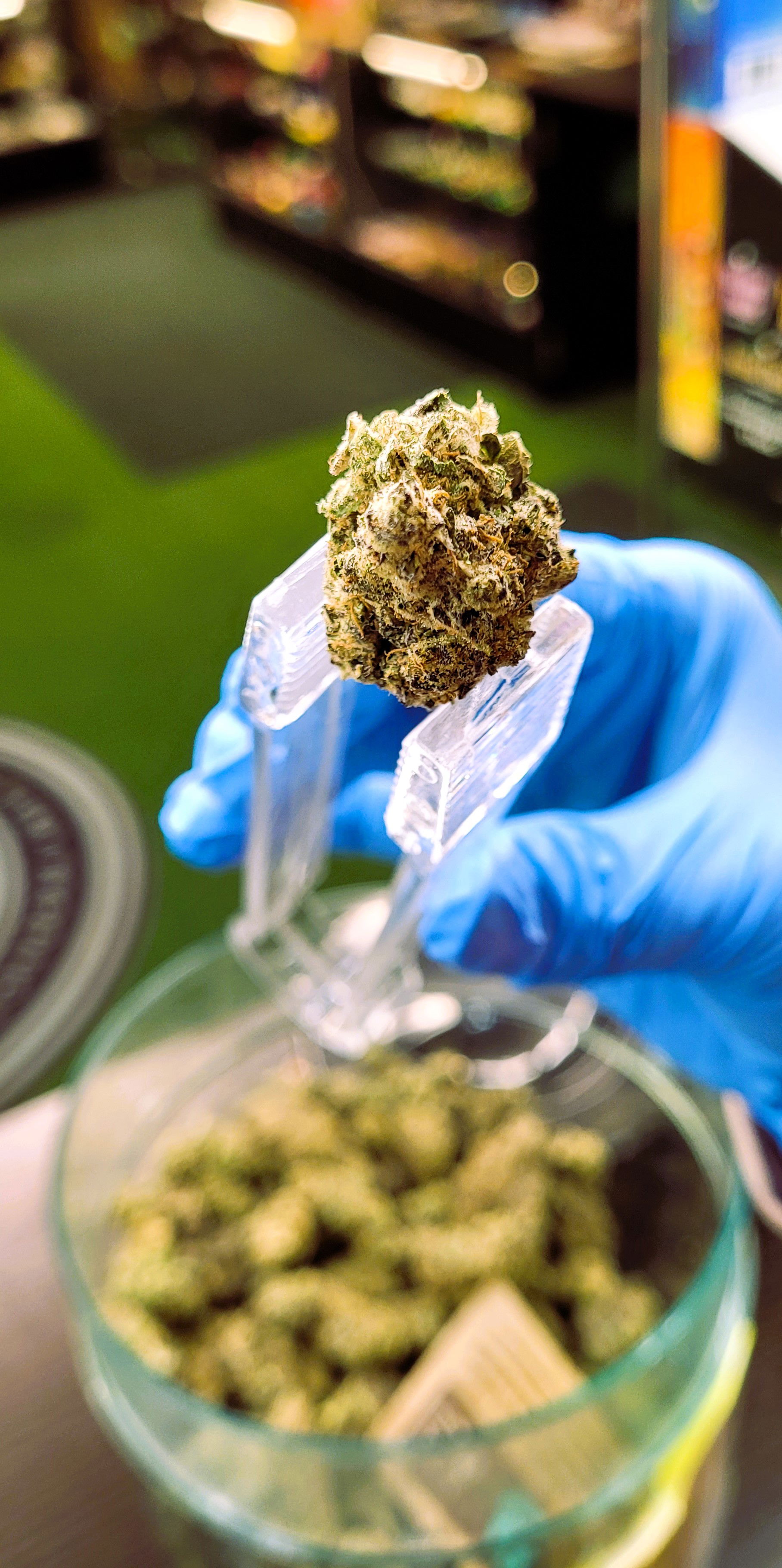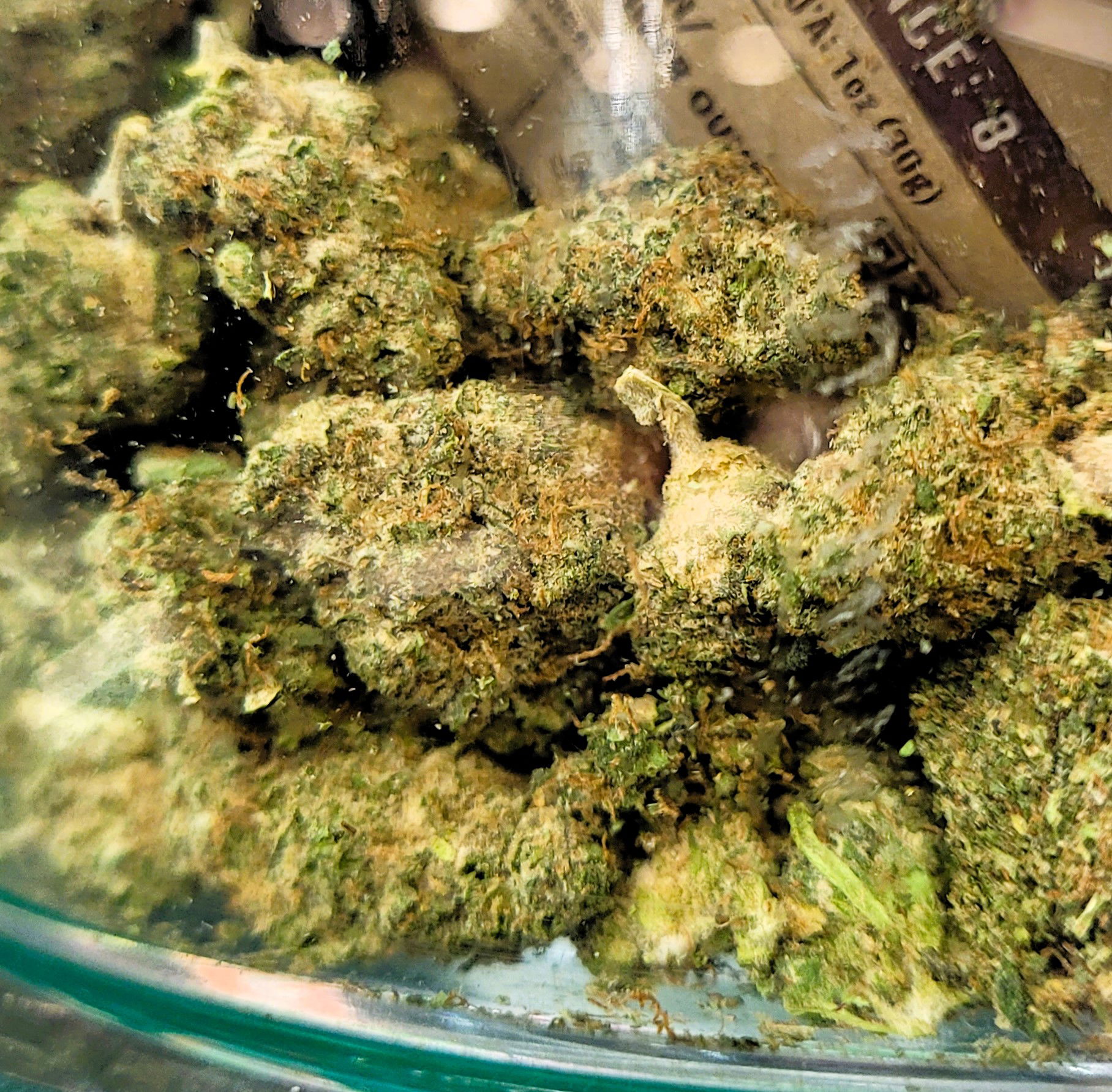CBD, THCa, Delta 9, Mushrooms & More


Cannabinoids are a diverse group of chemical compounds in the cannabis plant. They interact with the body and regulate processes like mood, appetite, and immune function. Three of the most well-known cannabinoids are Delta 9 THC, Delta 8 THC, and CBD, but there are actually hundreds of cannabinoids in the plant!
Delta 9 THC is famous for its psychoactive effects and offers both recreational and medical benefits. Delta 8 THC, with milder psychoactive effects, provides a clearer experience, derived from hemp. And CBD, a non-psychoactive cannabinoid, offers therapeutic benefits without a high.
THCA, or tetrahydrocannabinolic acid, is a precursor to tetrahydrocannabinol (THC), an active ingredient in cannabis. THC is the primary psychoactive component of cannabis, and is one of over 113 cannabinoids found in the plant.
THCA is a non-intoxicating cannabinoid that is abundantly present in raw, unheated cannabis plants. Unlike THC, which is formed through the decarboxylation of THCA (a process that occurs when cannabis is heated), THCA itself does not produce psychoactive effects when consumed in its raw form.
While the specific acid, THCA, can't get you high if you consume it, it may have some medical benefits like easing pain, nausea, or reducing inflammation. When THCA is heated or smoked, however, the THCA changes into THC that can make you feel high and alter your perception and behavior.


Hemp-derived delta 9 & THCa may be federally legal, but you'll want to consider whether it's worth the risk if you're subject to drug testing.


